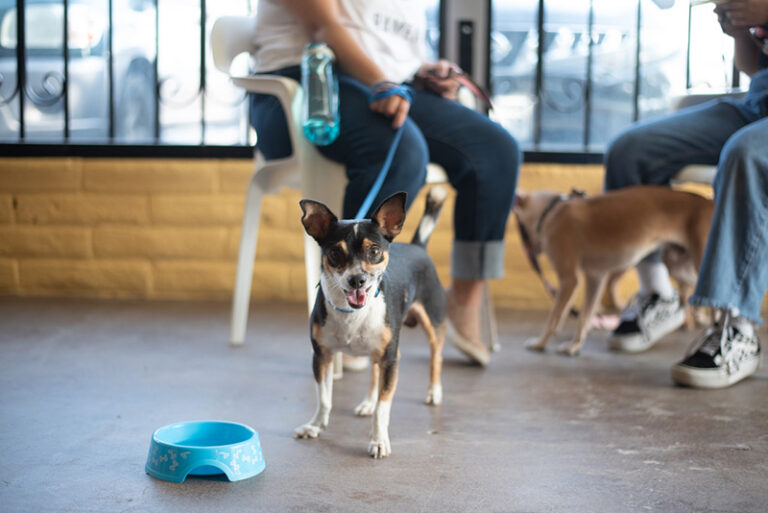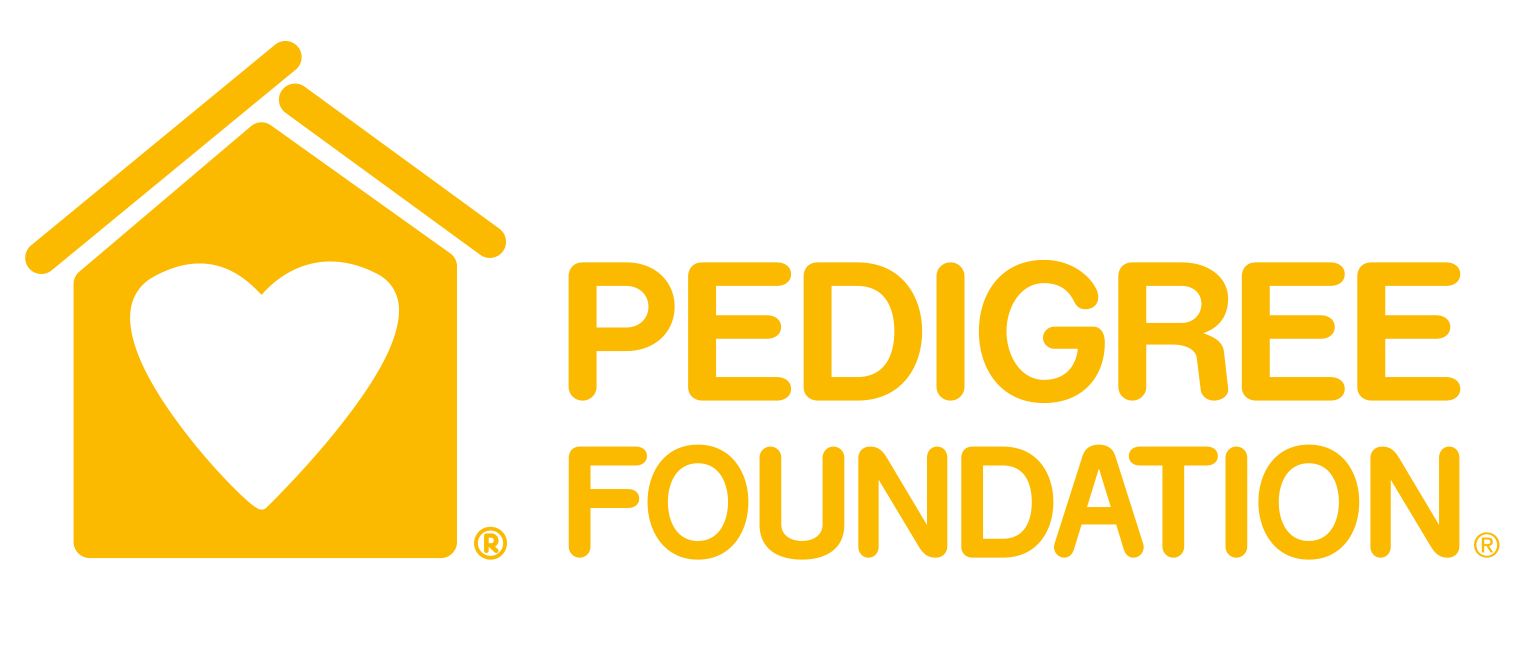What happens when animal welfare and social service organizations sit down to talk about social service solutions that support both ends of the leash?
The Goal
98% of pet owners agree pets are family and families everywhere are in need of reimagined social service solutions that support both ends of the leash. In quarter one of 2025, Human Animal Support Services (HASS) aimed to open conversations to do just that, by partnering with three animal welfare organizations to host roundtables with them, and human social services in their area, through an initiative called Social Services Roundtables. In these discussions, partner shelters and HASS sought to raise awareness surrounding a common struggle: Pets often end up in the shelter due to owners being unable to find accessible, pet-friendly resources and solutions to human problems. When people and pets are separated from one another, it disrupts the human-animal bond. If we don’t address this, we’re missing the chance to create truly holistic solutions that support the well-being of both humans and their animals.
The Plan
The process started by researching local social service organizations in each partner location (Kent County, MI, Hays County, TX, and Columbia, SC) using this ecosystem mapping template. Ecosystem mapping is a helpful exercise to learn more about resources available in a specific area. Each invitee received a survey developed by HASS that aimed to understand the organization’s current level of pet support programming integration. Questions like “when clients seek services, do you ask about pet ownership?” and “Do clients mention pet ownership as a barrier to accessing services or support?” were included in the survey. This gave hosts a clear sense of where each organization was in terms of integrating pets AND people into their process and would allow for a more informed and solution-oriented roundtable event.
What Happened Next
The first stop on the road was Kent County, Michigan to team up with Kent County Animal Shelter. Kent County Animal Shelter is very active in their community, working closely alongside the Kent County community action committee to start tackling human problems and pet problems, hand in hand. During the Kent County Social Services Roundtable event, participants from the Grand Rapids Housing Commission and Mel Trotter Ministries, an organization aimed at supporting the unhoused, attended and contributed to a fruitful discussion with each organization mentioning that they often see clients with pets, but hit barriers that work for both the person and their pet. The conversation resulted in a general increase in awareness, new partnership opportunities, a goal to be more proactive about pet ownership in the screening process, staff training to be better equipped to converse with pet families, and revamping Kent County Animal Shelter’s resource page to include pet resources outside of their organization.
The next event was in Hays County, Texas to collaborate with Hays County Pet Resource Center. Human welfare participants, including Central Texas Food Bank, American Red Cross, Hays County Health Department, Hays/Caldwell Women’s Center, offered a wide variety of pet inclusivity in their support. During the roundtable discussion, some mentioned they don’t intentionally ask about pets but it comes up frequently when clients are accessing support. Others shared that they have made efforts to incorporate pets, and others mentioned that they have direct services for pets, but can hit roadblocks depending on other partner agencies’ rules. One interesting finding from this conversation was a participant sharing that SNAP benefits cannot be used on pets, which often makes their support offerings limited and actually hinders their ability to support the clients they hope to serve.
The last stop for the HASS Social Services Roundtable initiative was Columbia, South Carolina, to meet with our partner organization, Columbia Animal Services. Other participants included Richland County Animal Services, Street Dog Coalition, Animal Mission, United Way, South Carolina Department of Public Health, The Hive, and South Carolina Legal Services. At this event, many organizations shared that they didn’t intentionally ask about pets, but it came up frequently when clients were attempting to access support. A larger discussion about housing and pets developed, with many organizations mentioning that this issue often acts as a roadblock to finding pet friendly options for their clients. As a result, it was recommended that the shelter dive deeper into relationships with the housing commission, and invite them to the next roundtable meeting. In addition, this roundtable discussion had the most animal welfare organizations present of all the roundtable discussions. This added to the broader conversation, especially in terms of next steps, as it allowed other animal welfare organizations to be part of the solutions found, instead of working in silos.
The Takeaways
Each roundtable discussion brought fresh insights and experiences, reinforcing the idea that pet issues and human issues are deeply interconnected. Bringing together a variety of organizations to openly discuss shared challenges not only helped dismantle the usual silos between animal welfare and social services, but also created opportunities for new partnerships. In animal welfare, there’s often a tendency to tackle every problem in isolation, but by inviting other organizations into the conversation, we also invite them to help build the solutions.
Want to host a Social Services Roundtable in your community?
Utilize the toolkit below to learn more about the steps we took to plan these conversations. When planning, here are some key things to consider:
- If email is your preferred choice of communication, be mindful of your email going to spam when sending out invites. Reaching out to the organizations personally can make a big difference, and open more avenues for potential attendees to connect with your message.
- Consider having a presentation to help guide conversation. Prompts like these may be helpful:
- When clients seek services, do you ask about pet ownership?
- If you provide sheltering services, do you provide sheltering for both people and their pets?
- Do clients mention pet ownership as a barrier to accessing services or support?
- Does your organization/department have a relationship with an animal welfare organization?
- Don’t be afraid to call on people to share their perspective/challenges








